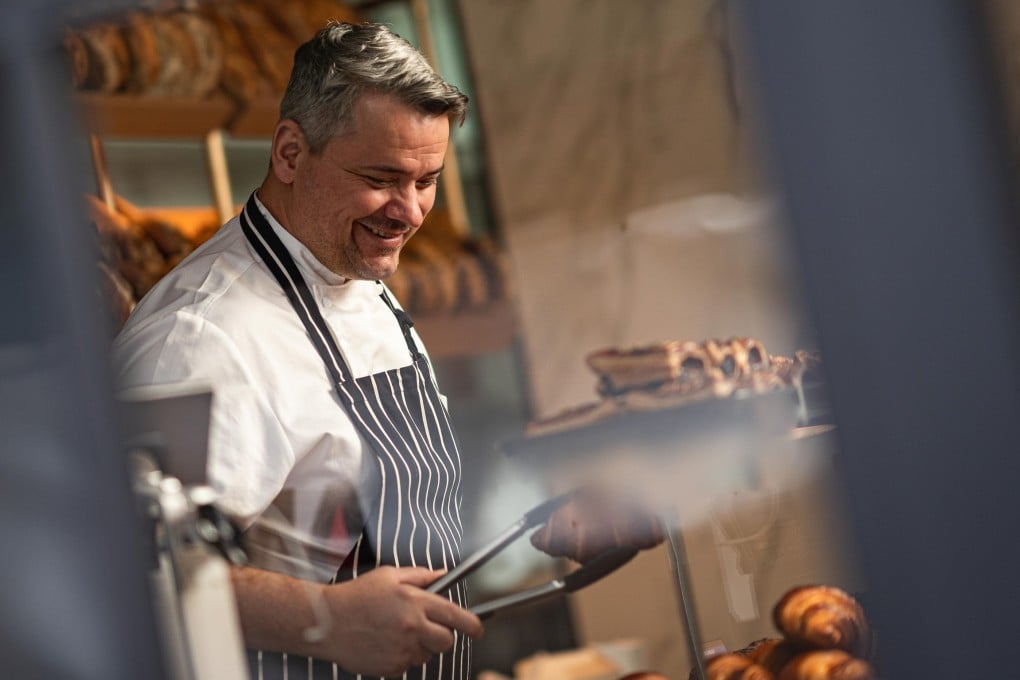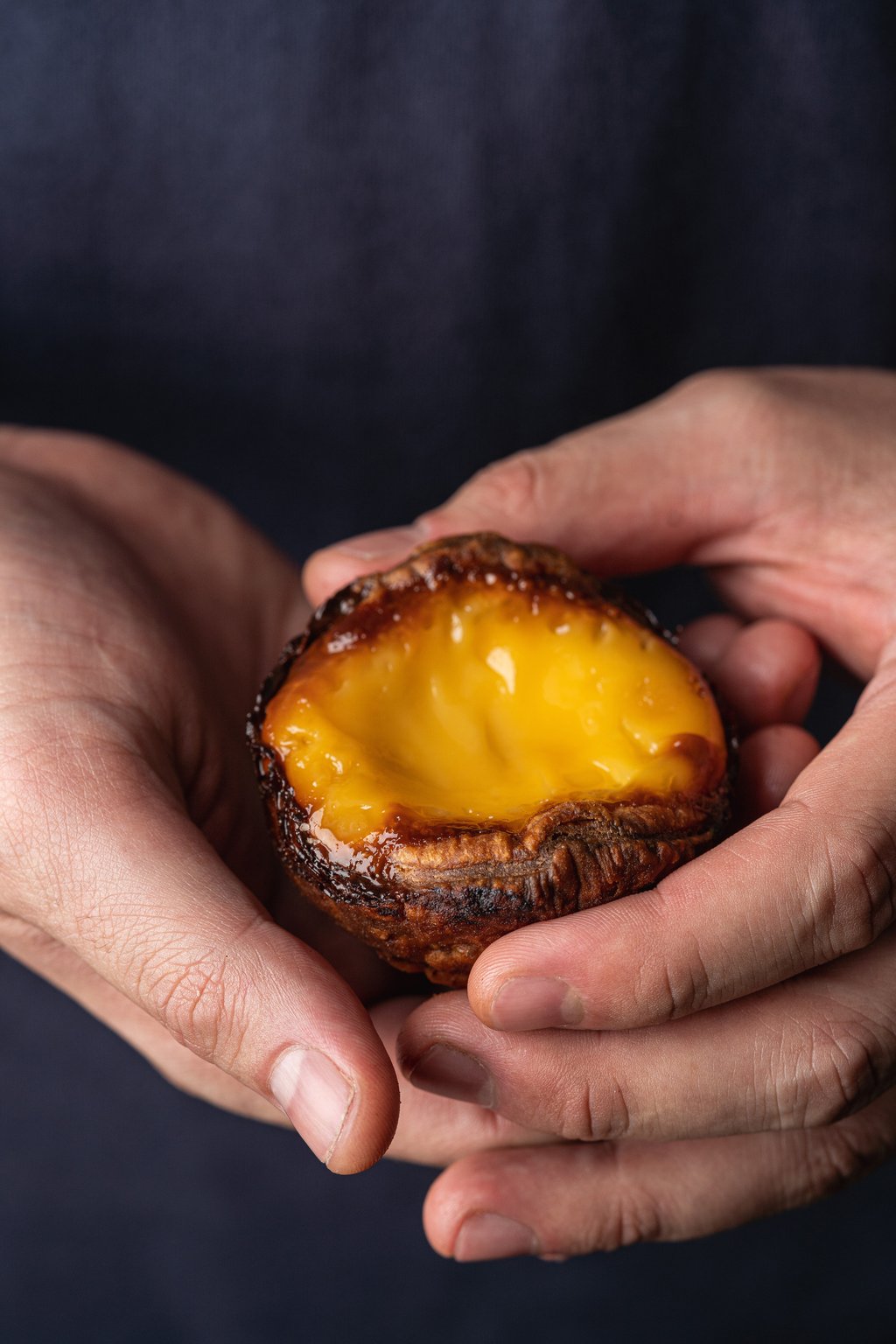‘What if Elon Musk were a baker?’: Bakehouse bakery chain co-founder on innovation and how his business survived the pandemic
- Grégoire Michaud, co-founder of Hong Kong-based bakery chain Bakehouse, tells Charmaine Mok he is ‘a million per cent not interested in fame’
- He reveals why he was adamant about keeping all the chain’s bakers on payroll when business plunged during the pandemic, and his quest for sustainable packaging

In Hong Kong, a city known for its undying devotion to egg tarts, who could have foreseen that a Swiss baker would challenge the pastry’s supremacy with his own version?
Bakehouse’s sourdough egg tarts – crunchy, caramelised and wobbly specimens that represent the lofty heights that the humble trinity of flour, sugar and butter can reach – are a modern classic.
Arrive at Bakehouse’s Wan Chai bakery-cafe, its first location, on any given day, at any hour, and you’ll spend time standing in line – it’s a given. Inside the warmly lit bakery is a smorgasbord of hearty sourdough loaves, glossy laminated pastries, pies and plump doughnuts.

In the past it was common to see Michaud behind the counter, but with four branches in the city and a fifth soft-launching in Causeway Bay this month, these days you’ll have better luck spotting him on television or in the pages of magazines. “I am a million per cent not interested in fame,” says Michaud. “Zero. My Instagram feed is full of bread.”